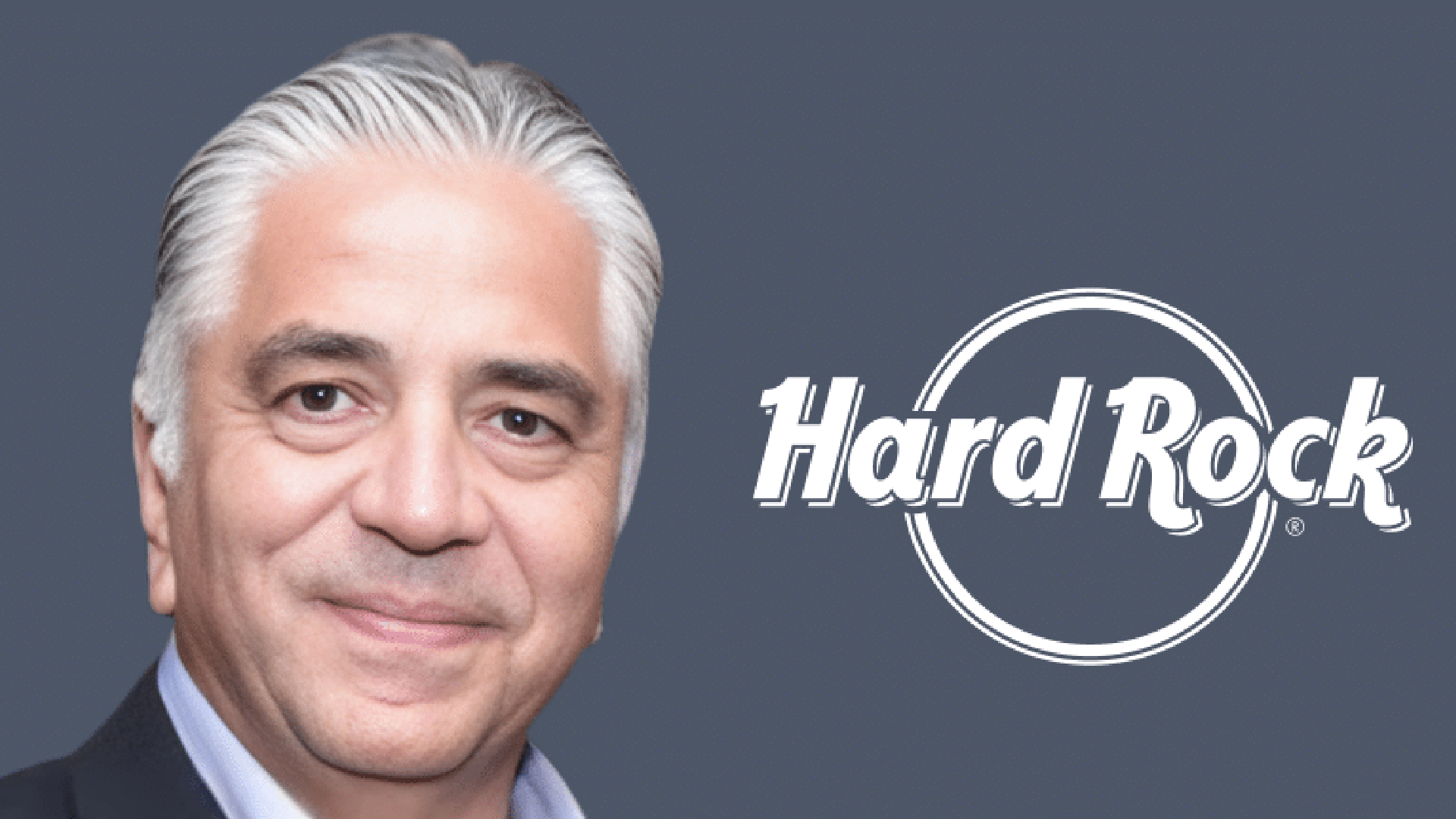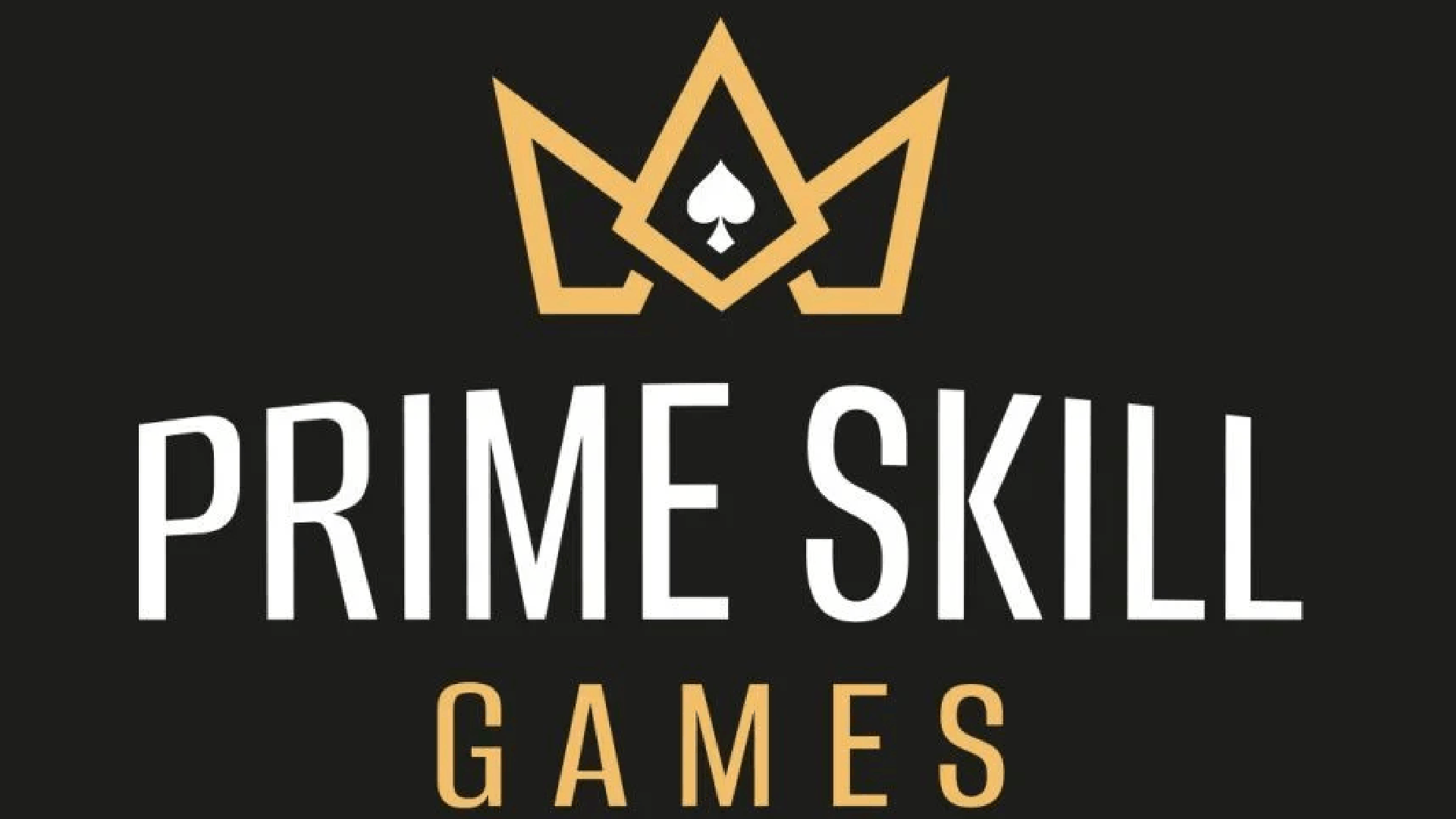
Hard Rock Exec Alex Pariente Let Markers Go Unpaid, Took Bookies’ Action, Say Sources
Over the course of his more than 20-year career in the casino gaming industry, Alex Pariente gained a reputation for attracting elite players to the properties of his employers. Frequently, controversy ensued.
According to an Asian whistleblower who spoke to Casino.org under anonymity, internal auditors from Hard Rock International, the tribal gaming behemoth that currently employs Pariente, arrived at the Hard Rock Hotel & Casino Punta Cana in the Dominican Republic on Monday. The whistleblower stated that the potential goal of the trip could be to investigate possible accounting irregularities and anti-money laundering violations brought about by the executive's actions.
Staff members at the property are informed in advance of the auditors' visits, which usually take place once every four to six months. According to the source, the Punta Cana inspection is unexpected, and staff members were not informed, Casino.org reported. Tracey White, vice president of casino finance at Hard Rock, did not respond to a request for comment.
In 2023, a Chinese gambler brought $100,000 in cash to the resort and wanted to deposit it so they could play on credit in the casino, according to a recording of a conversation with a staff member of the gaming establishment that the whistleblower gave to Casino.org. Due to the size of the sum and Hard Rock's position as an operator subject to US regulators, anti-money laundering regulations needed evidence of funds, which the client lacked.
According to the employee's details in the audio, Hard Rock Punta Cana would allegedly evade currency reporting procedures by depositing the Chinese player's money using numerous transactions in small sums, a practice that was allegedly carried out with Pariente's approval. According to Dominican law, that is illegal and is referred to as money structuring.
"In professional money structuring practices, meticulous planning and execution are crucial to avoid detection or suspicions of illegal activities,” according to the whistleblower. “Dividing a large sum into multiple transactions, such as in the case of sending $100K to banks, is a common method to prevent any red flags from being raised. By executing these transactions carefully, Hard Rock can ensure that the legitimacy of the funds remains intact, thereby avoiding any potential repercussions for the source of the money.”
Furthermore, despite the fact that the customer had both Chinese and American passports and had traveled to the Caribbean from the US, where he was a resident, the casino did not require him to present the US document, thus he was able to make a deposit using his Chinese passport.
Issues in Punta Cana
The whistleblower described more instances of Pariente's power at the Dominican gambling establishment, including a claim that the executive would willfully permit high rollers who had a track record of not paying their marks to place bets at the establishment. Three Brazilian "whales" are among them; two of them failed to make any payments on markers totaling over $1.9 million, and one of them paid back almost half of the $1.35 million in credit that the Punta Cana casino had given him.
The source gave another incident, in which a Turkish customer was given $1.7 million with Pariente's knowledge; nevertheless, despite the resort's documentation indicating otherwise, the money was never returned.
The source also provided an example of a time when a group of foreign gamblers visited Hard Rock Punta Cana, and at Pariente's request, personnel confiscated their passports, holding them in the casino cage until credit lines were paid back. This behavior was inconsistent. It is against Dominican law to confiscate a foreign national's passport for that reason.
"This practice isn’t in line with Hard Rock’s ethical and legal standards. Intentionally withholding passports to demand payment isn’t acceptable for any casino organization,” adds the whistleblower.
Another source also described instances of Pariente using his position to influence high-stakes baccarat and blackjack tournaments at Punta Cana, advancing his favorite players to the semifinals and championship game without participating in the earlier stages in order to profit financially from those wagerers behind the scenes.
The Alleged Issues With Pariente Go Beyond DR
Prior to his current position at Hard Rock, Pariente had flirtations with the regulatory edge and possibly beyond. Anti-money laundering regulations were broken while he worked at the Strip casino hotel, where he held a high-level marketing position at the Wynn Las Vegas. As a result, the facility was hit with the biggest fine ever imposed on a single casino, $130.13 million, by the Department of Justice (DOJ) last year.
During Pariente's tenure at the Dominican casino, the CEO willfully permitted black-market bookies, such as Matt Bowyer, to place bets at the establishment, according to R.J. Cipriani, better known by his stage name Robin Hood 702, who spoke to Casino.org. Bowyer is the accused bookmaker connected to Ippei Mizuhara, a former MLB translator.
"I knew about seven years ago when I first set foot into Hard Rock Punta Cana that it was a haven for illegal activity and nefarious players,” said Cipriani. “I personally witnessed people gambling there that I knew were criminals or illegal bookies, and some of those same people are currently in federal prison or awaiting federal sentencing. The ringleader, the guy in charge of all this, was a bigger criminal than any of those people and his name is Alex Pariante.”
Cipriani believes that Pariente's predicament is similar to that of former gaming CEO Scott Sibella: white-collar management involvement in wrongdoing, receiving little more than a slap on the wrist, and leaving for other high-paying positions while others suffer higher costs.
“It’s about time that crooked executives are prosecuted to the full extent of the law and if found guilty, put in jail for all this illegal activity,” said Cipriani. “If bookies are looking at jail time, why in God’s name aren’t the dirty executives that took their action and knew they were bookies?”
The claim is not incorrect. In September 2014, after Wynn, Pariente was appointed executive vice president for international marketing at the Bahamas' Baha Mar Casino and Hotel. Pariente was one of two higher-ups at the venue who were sacked in February 2018 after an internal inquiry found irregularities involving two Colombian prostitutes.
Pariente's alleged proclivity for financial sleight of hand persisted in Baha Mar, where he allegedly knowingly permitted illicit bookies and other underworld figures to gamble, according to a source with knowledge of the situation who spoke to Casino.org. The whistleblower told Casino.org that Pariente employed a number of Baha Mar-based underlings who were familiar with his methods shortly after he started working at Hard Rock Punta Cana.
Among them is Kim Mackey, who is currently the Dominican casino's director of credit and collections. She worked at Baha Mar from April 2017 until November 2020, according to employment data, which includes a portion of Pariente's time at the casino resort.
Pariente might have broken the gaming laws in Nevada
Although his title suggests that he is responsible for transporting VIPs to Hard Rock's dozen US casinos, Cipriani and the whistleblower claimed that Pariente's primary focus is Punta Cana, where he rules with an iron fist. Pariente is currently based in Florida and serves as corporate senior vice president of casino and hotel operations.
Cipriani claimed that Pariente took contentious players from his much-discussed Rolodex to Las Vegas despite the fact that he may not have the necessary license, despite the fact that he frequently travels between Florida and Punta Cana.
Cipriani cites an instance where Pariente reportedly transported affluent wagerers to the Mirage for the 2023 Las Vegas Grand Prix on behalf of whom he had comp authorization. It would have been appropriate to direct those players to a Hard Rock colleague with comp authority if Pariente did not have a Nevada gaming license, but Cipriani claims that is not what occurred.
To confirm Pariente's position in the state, Casino.org submitted an information request to the Nevada Gaming Control Board (NGCB), but they did not respond before this article was published.
“The amazing part of the F1 story is that Bowyer was supposed to be there with family and friends, but his home was raided by the feds a month prior while Pariente hob-knobbed throughout Vegas when it should have been him that was under federal investigation,” adds Cipriani.
Hard Rock purchased the operational rights of the Mirage on the Las Vegas Strip for $1.075 billion in December 2021. Currently closed, the facility is expected to reopen in early 2027 under the Hard Rock moniker and modeled after the operator's famous guitar.












